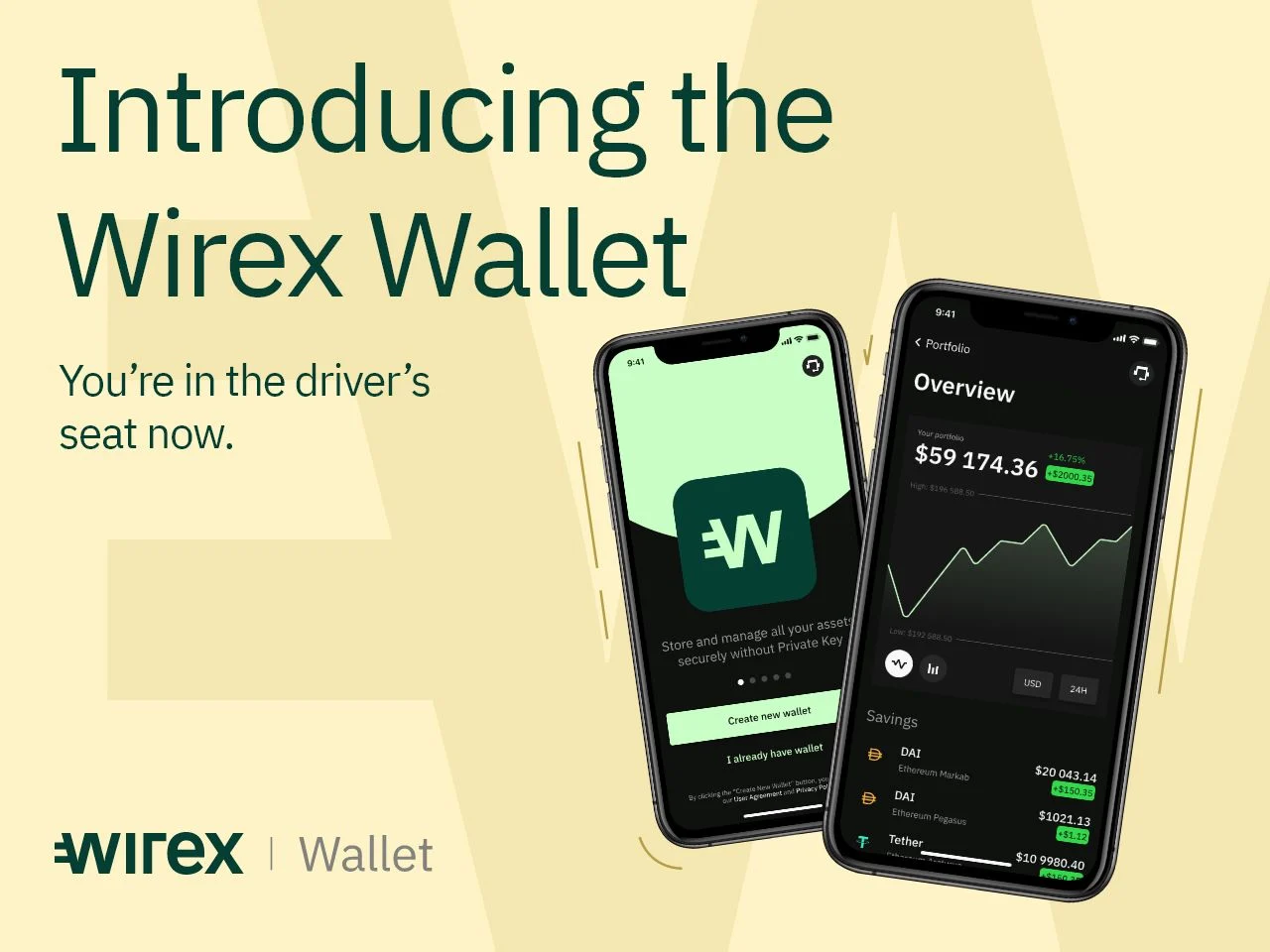OLIVER CONTRERAS/AFP via Getty Images
- Federal judges in Massachusetts and Rhode Island said the USDA needs to continue paying SNAP benefits next month.
- Food benefits were set to end on November 1 amid the government shutdown.
- 42 million Americans rely on SNAP to purchase groceries.
Federal judges in Massachusetts and Rhode Island ruled Friday afternoon that President Donald Trump must fund food stamps during the government shutdown.
In a Friday night Truth Social post, Trump signaled he would comply with the judges’ orders.
“Our Government lawyers do not think we have the legal authority to pay SNAP with certain monies we have available, and now two Courts have issued conflicting opinions on what we can and cannot do,” the president said on Truth Social.
He added, “Therefore, I have instructed our lawyers to ask the Court to clarify how we can legally fund SNAP as soon as possible.”
The cases, filed on behalf of states, municipalities, and nonprofit organizations this week, called for the Trump administration to use contingency funds to pay for the Supplemental Nutrition Assistance Program during the government shutdown.
The rulings reverse the USDA’s plans to pause benefits starting November 1 after their typical funding sources ran out. Patrick A. Penn, deputy undersecretary for US Food, Nutrition, and Consumer Services, said in a letter to state leaders on October 24 that the Agriculture Department is “suspending all November 2025 benefit allotments until such time as sufficient federal funding is provided, or until FNS directs State agencies otherwise.”
In documents seen by Business Insider, the US Department of Agriculture said it has money held in contingency funds to be used in case of emergency, but said those funds cannot be used for SNAP. Because of previous budget allocations, using federal funds to pay for November benefits would pull money away from other important programs, like school lunches or disaster relief, the Department said.
The judges’ rulings mean that the Trump administration must continue funding SNAP while the case plays out in court.
The Supplemental Nutrition Assistance Program is America’s largest food safety net, helping around 42 million low-income households afford groceries each month.
What beneficiaries can expect
The rulings on Friday mean that the Agriculture Department must distribute November SNAP benefits to Americans. Both the Massachusetts and Rhode Island judges are requiring the Trump Administration to provide an update on funding by Monday.
“The court’s ruling protects millions of families, seniors, and veterans from being used as leverage in a political fight and upholds the principle that no one in America should go hungry,” Skye Perryman, President and CEO of the left-leaning policy and legal advocacy group Democracy Forward, said in a statement. The organization is a plaintiff in the Rhode Island case.
SNAP is funded by the federal government and managed by individual states. It’s not yet been determined if these benefits will be partial or full checks.
Any previous unused benefits will also be allowed to roll over this month, Penn said in his October 24 letter. “Households shall receive retroactive benefits once the suspension is lifted upon the availability of federal funding,” he said, adding that the shutdown does not impact SNAP eligibility rules — new applicants can still be processed into the system and will receive checks when a budget is available.
Zac Hall, senior vice president of programs at Food Bank for New York City, told Business Insider the stakes for low-income Americans are high.
“SNAP is the first best lifeline for folks to access food resources who are having trouble putting together meals on their own,” Hall said. “It’s a lifeline for 42-plus million Americans, folks in cities, folks in increasingly expensive suburbs, folks in rural areas.”
SNAP makes a big difference in many families’ ability to afford basic groceries. Benefits can be used to buy fruits, vegetables, meat, and grains. Losing SNAP, even for a couple of weeks, can be devastating.
Each year, SNAP costs about $100 billion to operate — which translates to monthly checks of roughly $25 to $1,700, depending on a household’s income and number of members. Beneficiaries typically work and live near the federal poverty line, which is about $15,000 annually for a single person. About 12% of Americans receive SNAP, though enrollment varies by state.
Other nutrition aid programs, like Temporary Assistance for Needy Families (TANF) and Special Supplemental Nutrition for Women, Infants, and Children (WIC), could see a disruption of November benefits until the government reopens, although benefits for those programs have continued through October. Social Security checks, Medicare, and Medicaid will continue as normal.
“We are approaching an inflection point for Senate Democrats,” a USDA spokesperson told Business Insider before the rulings. “Continue to hold out for the Far-Left wing of the party or reopen the government so mothers, babies, and the most vulnerable among us can receive timely WIC and SNAP allotments.” USDA did not immediately respond to comment on the rulings.
What comes next
With Republicans and Democrats at an impasse over healthcare funding, it’s unclear when the government will reopen. This shutdown, now 31 days long as of Saturday, is approaching a record, with the longest previous shutdown lasting 35 days in late 2018 and early 2019.
During the 2018-2019 shutdown, SNAP avoided a lapse in benefits by paying funds early, causing a longer-than-usual gap between checks. States did not have federal funding to pay benefits early this time around.
A Republican-led bill to fund SNAP during the shutdown and guarantee back pay for beneficiaries dating back to September 30 has not passed the Senate, and the House has remained out of session since mid-September.
Hall said food banks have been bracing for a spike in need. Local rules vary, but food banks generally don’t have income requirements, so anyone experiencing long-term or temporary food insecurity can use them as a stopgap.
The judges’ ruling means that SNAP will have access to some contingency funding, though it’s unclear how long that will last. The Trump administration will also have an opportunity to appeal.
Beneficiaries can still expect changes to the program when the government reopens. Trump’s spending plan, which he signed into law in July, will reduce funding for federal nutrition aid like SNAP by nearly $200 billion over the next decade.
The plan will also require nondisabled adults without dependents to fulfill work requirements until they reach age 64 to qualify for aid, up from the current cutoff age of 54. That work requirement change is scheduled to begin on November 1. An estimate from the Congressional Budget Office found that over 2 million Americans could lose SNAP coverage with these adjustments.
In the meantime, Hall said he’s focused on the millions of Americans who need access to reliable meals. Food Bank for NYC said it is “grateful to the courts for recognizing the urgent need to ensure funding.”
“One month of SNAP really dwarfs our work, and no single charitable organization can fill that gap,” Hall said. “And, indeed, no single ecosystem of food assistance is able to fill the gap made by SNAP.”
Content Accuracy: Keewee.News provides news, lifestyle, and cultural content for informational purposes only. Some content is generated or assisted by AI and may contain inaccuracies, errors, or omissions. Readers are responsible for verifying the information. Third-Party Content: We aggregate articles, images, and videos from external sources. All rights to third-party content remain with their respective owners. Keewee.News does not claim ownership or responsibility for third-party materials. Affiliate Advertising: Some content may include affiliate links or sponsored placements. We may earn commissions from purchases made through these links, but we do not guarantee product claims. Age Restrictions: Our content is intended for viewers 21 years and older where applicable. Viewer discretion is advised. Limitation of Liability: By using Keewee.News, you agree that we are not liable for any losses, damages, or claims arising from the content, including AI-generated or third-party material. DMCA & Copyright: If you believe your copyrighted work has been used without permission, contact us at dcma@keewee.news. No Mass Arbitration: Users agree that any disputes will not involve mass or class arbitration; all claims must be individual.











